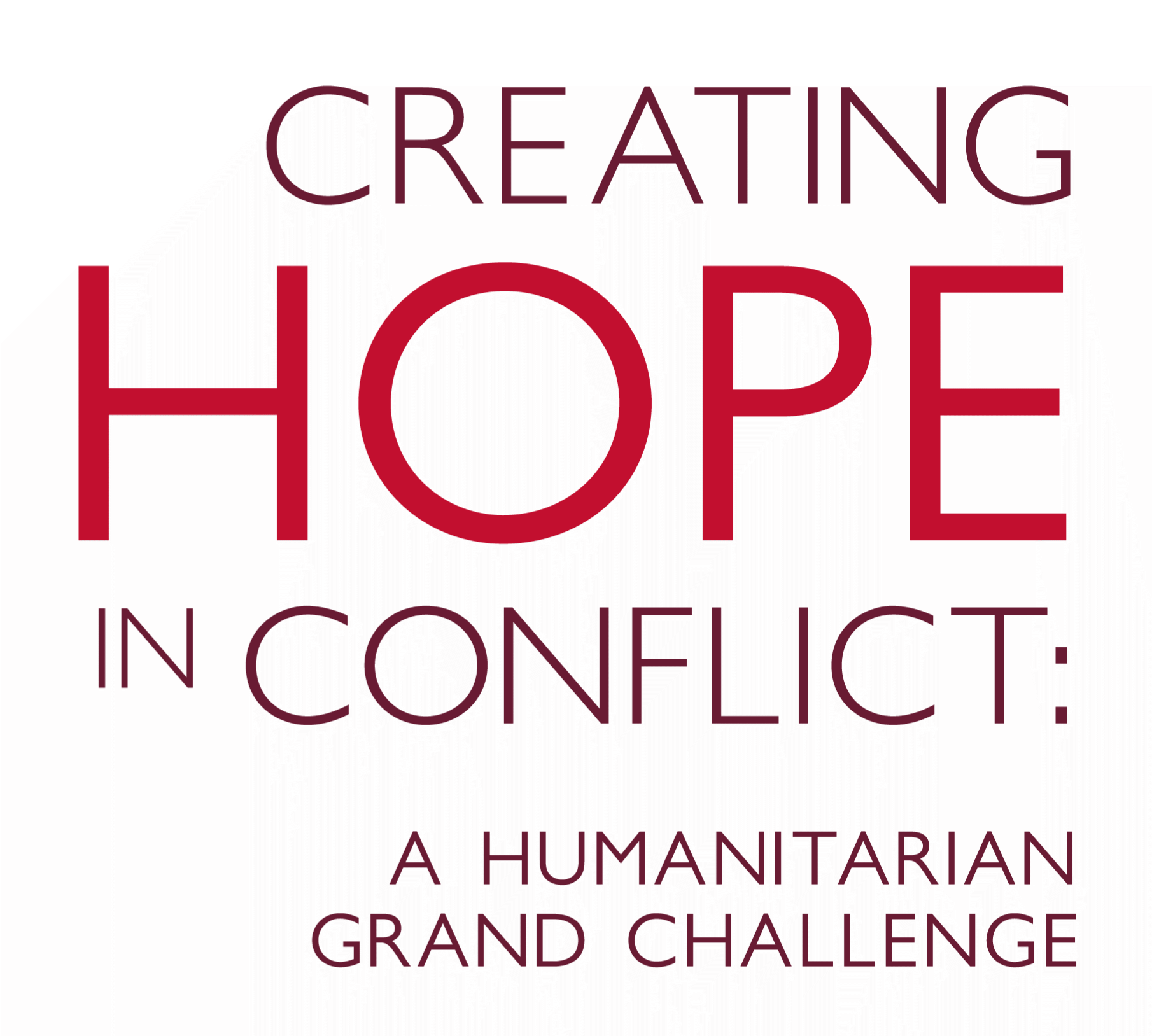Virtual Response Simulator: Agent-Based Predictive Modelling for Humanitarian Epidemiological Response
THE CHALLENGE
Models of infectious disease outbreaks are essential to optimizing health crisis response, especially in complex and conflict-affected environments. They inform pharmaceutical distribution, immunization campaigns, medical care deployment, security provisions, and other critical decisions around the prioritization of scarce resources. Many current data-driven approaches to epidemiological tracking are reactive, however, and do not take advantage of the newest algorithmic methods that can enable responders to plan their activities proactively and make optimal use of known preventative techniques.
THE SOLUTION
The President and Fellows of Harvard College sought to address this gap by developing the Visual Response Simulator (ViRS) technology to virtually respond to infectious disease outbreaks and forecast the effects of epidemiological intervention strategies, with a focus on Ebola in the Democratic Republic of the Congo. Under CHIC funding, ViRS 1.0 was developed using inputs from qualitative interviews with 14 professionals who served as key informants, having been historically involved in Ebola research and/or response. Based on data from the 2013-14 West African Ebola Crisis, ViRS can rapidly project contingency plan scenarios and inform operational decision support at the speed, complexity, and contextual specificity required. While the tool has not yet been field-tested, several significant humanitarian impacts are anticipated. By the end of the CHIC grant period, early-stage talks were underway within the internal team at Harvard Humanitarian Initiative—which manages the online humanitarian response educational platform, Build Back a Better Response—to explore the possibility of ViRS 2.0 being integrated into the platform and curriculum. Several implementing partners, including IFRC and WHO, among others, had also expressed potential interest in collaborating on the future deployment of ViRS in humanitarian program settings.
